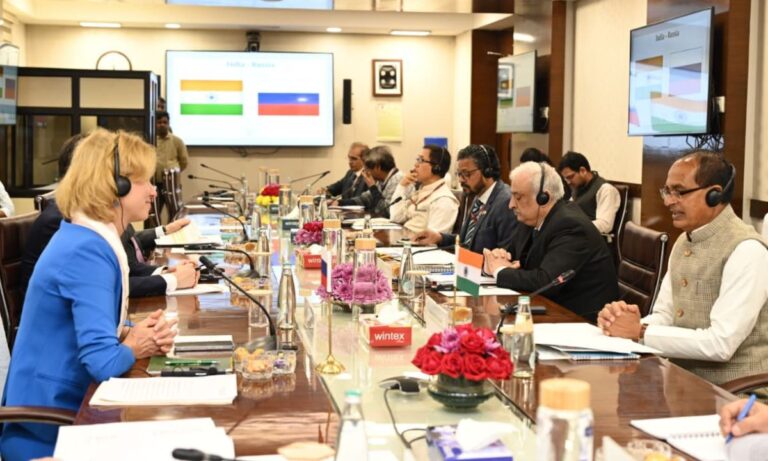
Revolutionizing Ayurveda: CCRAS Launches AGNI Initiative to Ignite Evidence-Based Practices in Global Healthcare (Pic Credit: freepik)
In a groundbreaking move towards advancing Ayurveda practices through scientific validation and evidence-based research, the Central Council for Research in Ayurveda Sciences (CCRAS), under the Ministry of Ayush, has unveiled the “Ayurveda Gyan Naipunya Initiative” (AGNI). This initiative, led by Prof Rabinarayanan Acharya, Director General of CCRAS, aims to propel Ayurveda into mainstream healthcare by fostering a culture of evidence-based practice among Ayurveda practitioners.
The AGNI project invites qualified Ayurveda practitioners to contribute their innovative practices and experiences in diverse disease conditions. The deadline for submitting expressions of interest is December 15, 2023, and interested practitioners can find the application format on the CCRAS website. The email ID for submission is ccrasagni@gmail.com.
The core objectives of the AGNI project encompass providing a platform for Ayurveda practitioners to share their innovative practices and experiences, promoting evidence-based practices, and undertaking research to validate pragmatic Ayurveda practices scientifically. Prof Acharya emphasized the initiative’s commitment to documenting and publishing reported medical practices and therapeutic regimens for educational and academic purposes in collaboration with the National Commission for Indian System of Medicine (NCISM).
With over 500,000 registered Ayurveda practitioners primarily based in India, AGNI is set to play a pivotal role in fostering collaboration between CCRAS and Ayurveda practitioners. The initiative envisions developing research proposals in conjunction with Ayurveda practitioners and other relevant institutes to validate and mainstream pragmatic medical practices through scientific scrutiny.
In addition to AGNI, CCRAS has taken significant strides in promoting scientific research in Ayurveda. Several programs have been initiated to enhance research capacities in Ayurveda institutions and medical facilities. Several programs have been initiated to enhance research capacities in Ayurveda institutions and medical facilities. These programs include the Studentship Program for Ayurveda Research Ken (SPARK), which targets undergraduate scholars, the Scheme for Training in Ayurveda Research (PG-STAR), designed for postgraduate scholars and the Scope for Mainstreaming Ayurveda Research in Teaching Professionals (SMART) program, catering to teachers.
Ayurveda, in recent times, has demonstrated its efficacy in managing both acute and chronic diseases not explicitly described in classical Ayurvedic texts. The discipline has gained global recognition, particularly for its success in addressing adverse effects associated with synthetic drugs and procedures. These achievements have propelled Ayurveda onto the global stage, showcasing its potential to contribute significantly to the evolving landscape of healthcare.
As AGNI takes centre stage in the journey towards evidence-based Ayurvedic practices, it marks a significant leap forward in the integration of traditional wisdom with modern scientific rigour. The initiative not only empowers Ayurveda practitioners to showcase their innovations but also paves the way for the global acceptance of Ayurveda as a credible and effective healthcare system.
Download Pdf: CCRAS-AGNI





